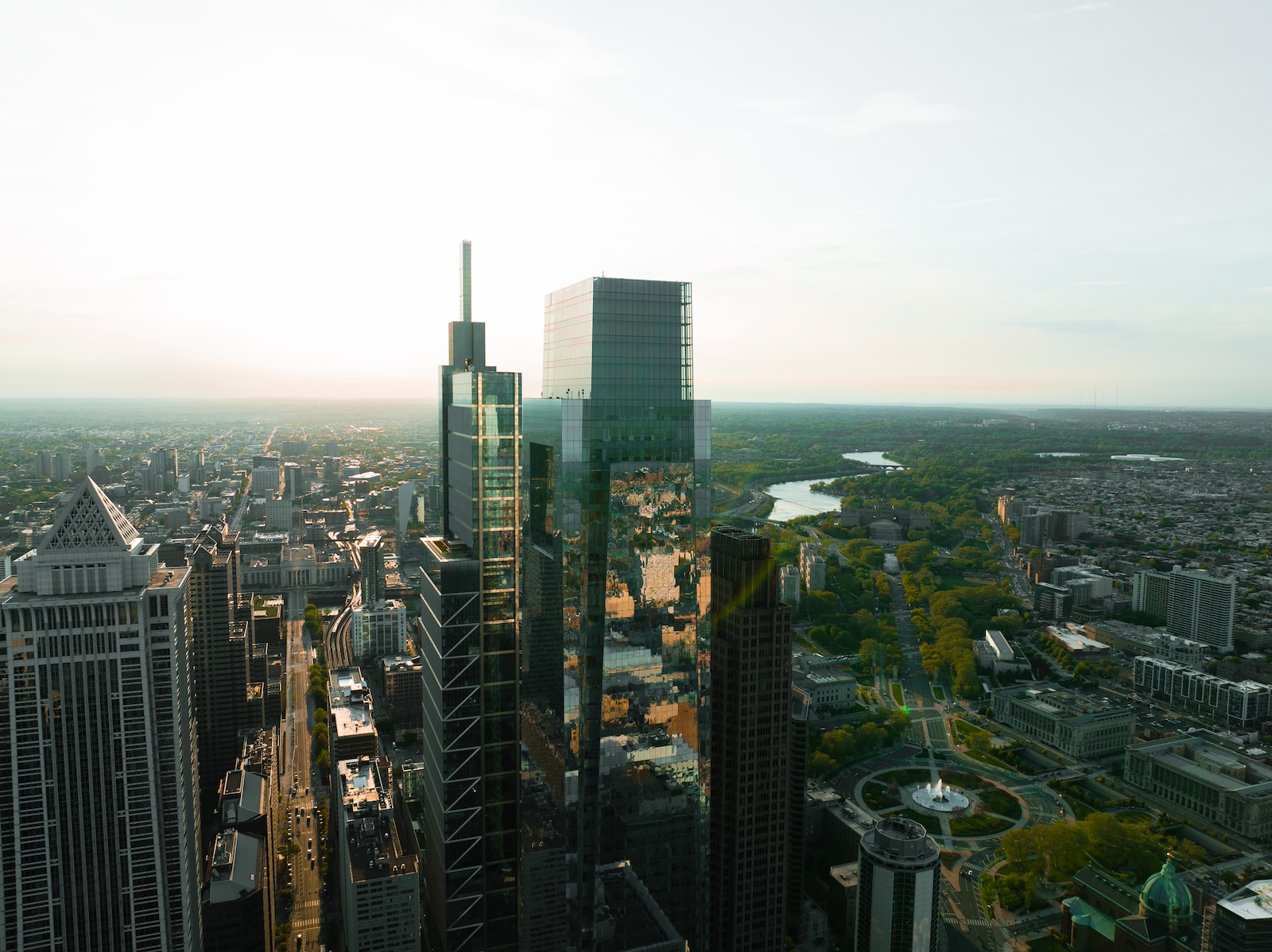Most cautious people would never consider driving a car while they are drunk. However, many people will drive when they are too tired without thinking twice about the risk to themselves and other drivers. According to an AAA Foundation study, a staggering 41% of drivers have admitted to falling asleep behind the wheel at some point. Twenty-seven percent admitted that they have had a hard time keeping their eyes open while driving.
There are similarities between the effects of alcohol and lack of sleep on a person’s driving ability. A recent Australian study showed that staying awake for 18 hours resulted in an impairment equal to a blood alcohol concentration (BAC) of .05, and .10 after 24 hours. In Pennsylvania and New Jersey, a BAC of .08 is considered legally drunk. Drowsiness has been linked to decreased vigilance, reaction time, memory, psychomotor coordination, information processing and decision-making. These effects can impair a person’s driving in the same way as alcohol. In other words, driving while drowsy is very similar to drunk driving.
In these tough economic times, people are working longer hours resulting in an increase of tired drivers on the road. A spike in the population’s obesity may also be linked to certain sleep disorders, such as sleep apnea. These days, high school and college students are under pressure to stay up all night studying, and often have to drive to work or campus while they are extremely tired. These problems are exacerbated by the fact that we live in a car culture, where people need to drive anytime they want to leave their home.
Commercial truck drivers are particularly susceptible to drowsy driving. A Federal Motor Carrier Safety Administration study found that long-haul truckers slept an average of less than five hours per day. Consequently, it is not surprising that drowsy driving was found to be the probable cause of more than half of all fatal truck crashes.
The cost of car accidents caused by drowsy driving is upwards of thirty billion dollars, and countless fatalities have occurred. Drowsy driving is a prevalent public health issue that deserves more public awareness. Recently, the National Sleep Foundation declared a Drowsy Driving Prevention Week (held annually in early November). This campaign seeks to provide public education about the risks of drowsy driving. Policy initiatives are also needed to inform the public of the dangers of driving while tired.
Philadelphia Car Accident Lawyers at Geoffrey B. Gompers & Associates Represent Victims of Automobile Accidents
Drowsy driving is a serious public safety issue. If you or a loved one has been injured in a car accident, the experienced Philadelphia car accident lawyers at Geoffrey B. Gompers & Associates can fight for the compensation you are entitled to. With offices located in Philadelphia, Pennsylvania and Voorhees, New Jersey, we serve clients throughout the region while offering a lower contingency fee*. Call for a free consultation today at 215-567-6600 or contact us online.

